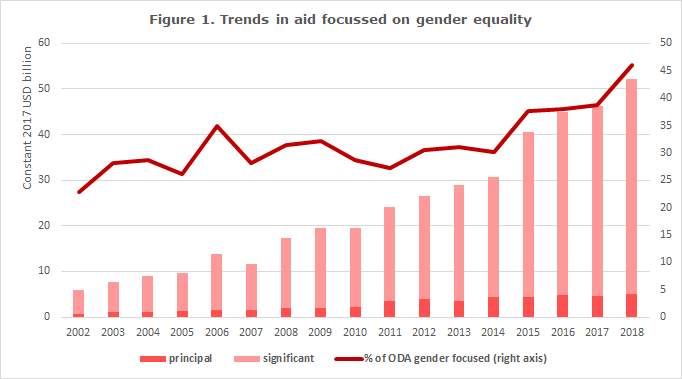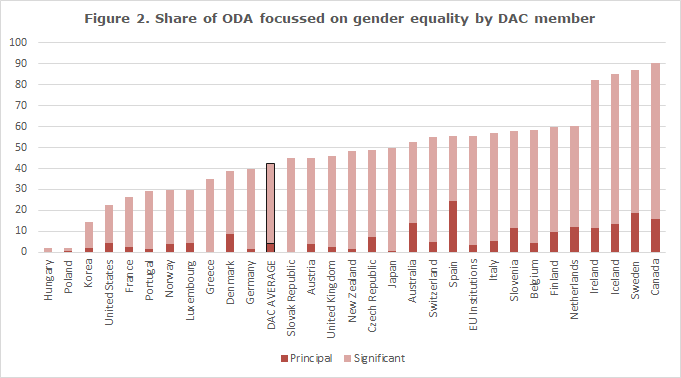Aid to gender equality
March 2020 - In 2018, another crisis struck the aid system exposing a pattern of sexual exploitation, abuse and harassment (SEAH). That same year, 205 allegations of SEAH involving UN Staff were reported and 123 allegations involving implementing partners.
The global outrage prompted by the scandal was long overdue. Aid agency staff work alongside vulnerable populations, leading to vast power imbalances between the providers of aid and the people they are trying to help. Women and girls are particularly vulnerable.
Donors took quick collective action through the OECD Development Assistance Committee (DAC), to develop a legal standard to prevent and respond to SEAH. The resulting Recommendation on Ending Sexual Exploitation, Abuse and Harassment in Development Co-operation and Humanitarian Assistance was adopted on 12 July 2019. The Recommendation sets out a first international standard in this area for governments to apply to their national aid agencies, and the wider international community, when working with civil society, implementing partners, private sector entities and other bodies running development programmes or delivering humanitarian aid.


Preliminary 2018 data for the United States
Access the database
Aid projects targeting gender equality and womens empowerment (CRS)
Documents connexes

